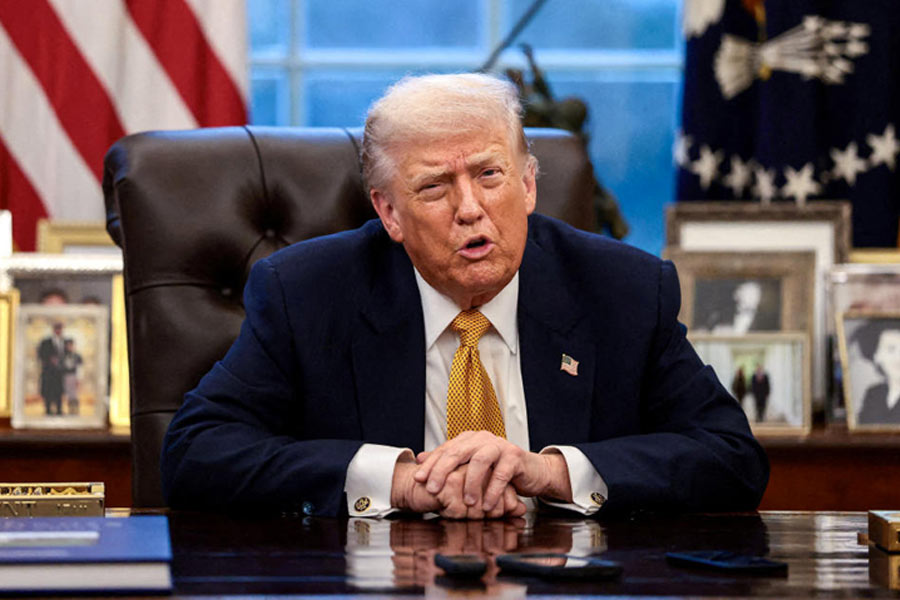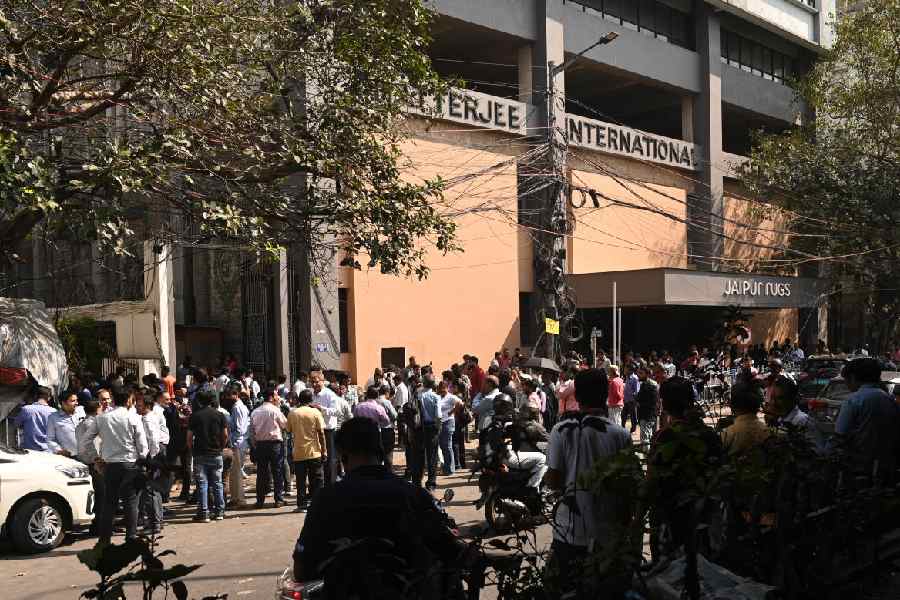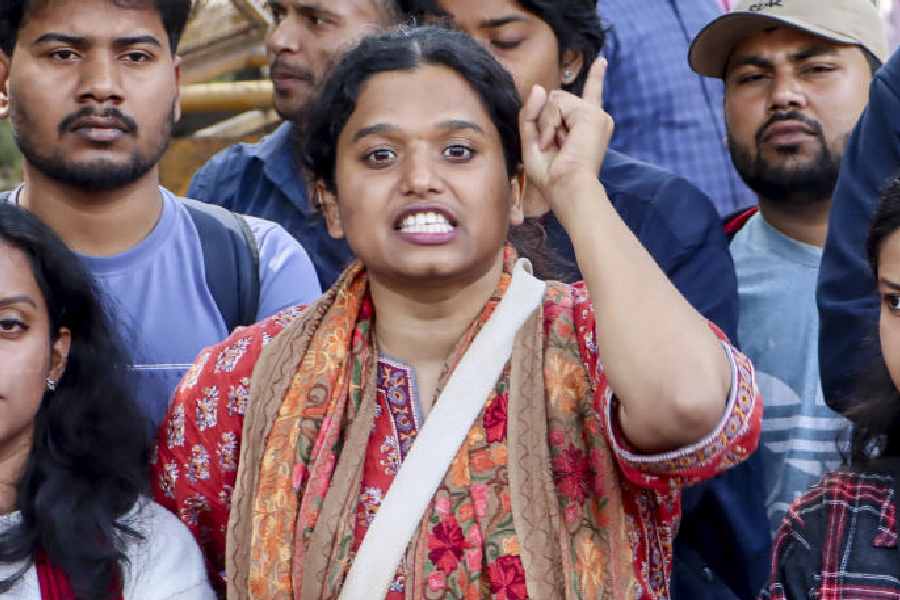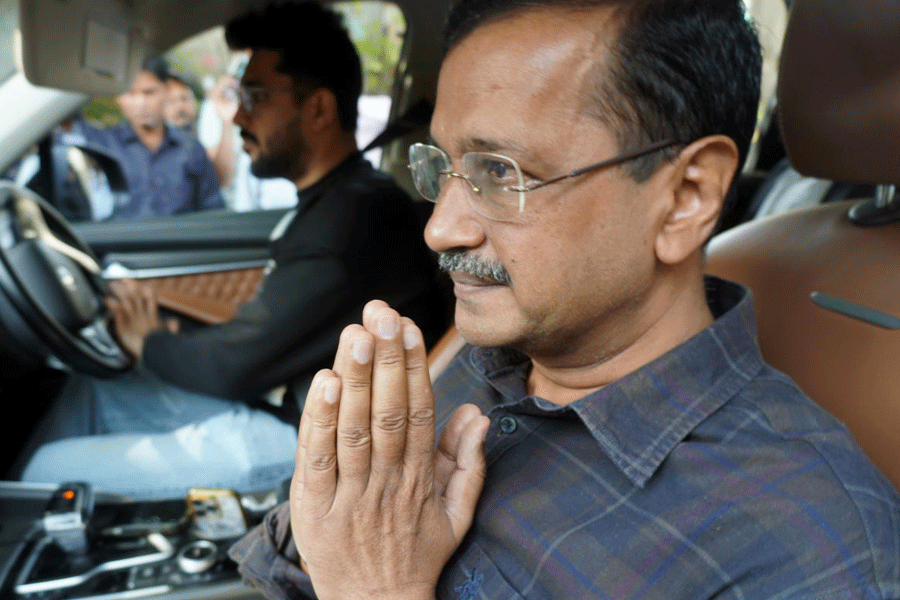 |
| A rubber plantation |
Agartala, Aug. 18: The Tripura industries department has warned the state’s tea gardens that it will be forced to take action if they go ahead with rubber cultivation.
D.K. Goswami, joint director of the department, said at least 10 of 56 functional gardens were cultivating rubber on 2.5 or 3 acres of land each, but the state government has not taken any action.
“We have not taken any action against these 10 gardens but if this spreads, we will have to act,” said Goswami.
Official sources in the industry department said the state government was not keen to allow cultivation of rubber on surplus land in tea gardens.
“We cannot encourage rubber mono-culture in tea gardens for a host of reasons. There is environmental concern, soil contamination problem and other issues,” he said.
P.K. Sarkar, secretary of state unit of the Tea Association of India, believes that the key to tea industry’s survival in Tripura was alternative plantation of coffee and rubber in the increasingly sick tea gardens.
“The tea gardens here can easily go for rubber mono-culture in the surplus land but the state government objects on the ground that Tripura Land Reforms and Land Revenue Act 1960 allows alternative cultivation only with prior permission of the state government, which is never given,” he said.
He said the problem has been created by conflicting interpretations of Section 178 and Section 20 of the Act. While Section 178 mandates prior permission of the state government, Section 20 has put rubber, coffee and cinchona in the category of agricultural production, for which no permission is required,” said Sarkar.
He added that a committee constituted by the Union ministry of commerce in 2009, under the stewardship of former commerce secretary K.S. Menon, had also recommended alternative plantation on surplus land in tea gardens of Tripura and Barak Valley districts of Assam for continued viability of the industry. However, the state government has not acted upon the recommendations.
Tea Board of India chairman M.G.V.K. Bhanu is all set to visit Tripura by the end of the month to take stock of the situation.
Sarkar said during his visit, the Tea Board chairman will inaugurate the full-fledged regional office of the board here.
K.C. Vaishya, the assistant director of the Tea Board, has communicated to the TAI unit here that Bhanu will visit within this month.
Sarkar said the Tripura tea industry, comprising 56 functional gardens with an annual turnover of Rs 100 crore from an average production base of 10 million kg tea annually, is facing a major crisis from low prices in auctions at Guwahati and Calcutta.
“In the current fiscal, Tripura tea has sold at Rs 80 per kg on average in auctions but last year it was Rs 110 per kg. The industry, which employs a workforce of 16,000, is in a state of crisis now,” said Sarkar. “There is also now a growing preference for orthodox black leaf tea whereas we are producing only common tea,” said Sarkar.
The unbridled expansion of rubber mono-culture in Tripura has emerged as a major threat to the state’s bio-diversity, wildlife and overall environment.The authorities of the Sipahijala wildlife sanctuary in Bishalgarh subdivision recently decided to completely ban rubber cultivation within the sanctuary area.
Wildlife warden Amit Debbarma did not admit that any animal had died by consuming toxic rubber leaves or nuts.
However, official sources in the sanctuary said rapid expansion of rubber plants within and outside sanctuary areas has dealt a blow to the bio-diversity, creating a severe food crisis.
At least 20 animals, including deer and the rare spectacled monkey, have died by consuming rubber leaves and nuts.
“Though illegal, rubber cultivation has been going on in the Sipahijala wildlife sanctuary since the early seventies of the last century,” said Debbarma.
Similar decisions have been taken in regard to Trishna sanctuary in Belonia subdivision, Gomati sanctuary in Dhalai district and Roa sanctuary in North Tripura, all of which have rubber cultivations.










